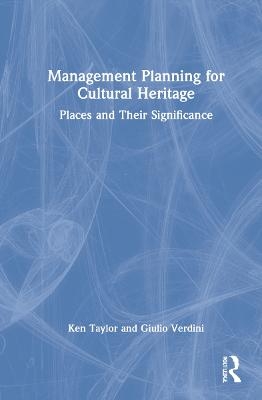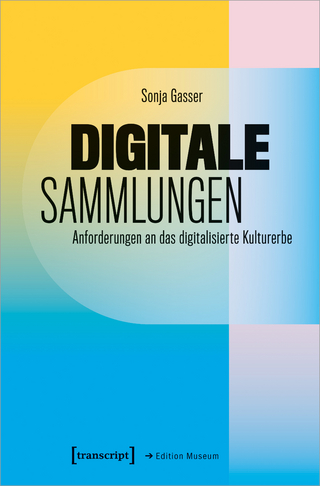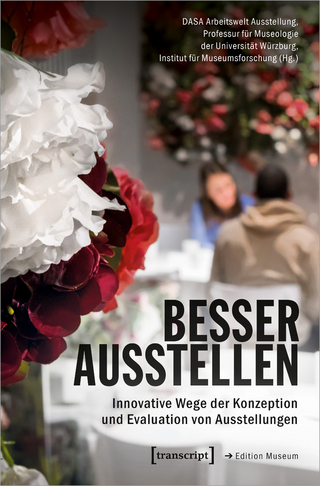
Management Planning for Cultural Heritage
Routledge (Verlag)
978-1-138-85774-2 (ISBN)
Management Planning for Cultural Heritage challenges traditional perceptions of and about the heritage planning process while also presenting a comprehensive analysis of the ever-widening field of Cultural Heritage Conservation.
Drawing on the authors’ experience in teaching and involvement in international practice, the book examines the changes that are taking place in modes of thinking about heritage as part of increasingly complex urban transformations, and considers how these must engage with, and inform, professional practice. The book also acknowledges that international best practice has developed a great deal over the last 40 years and needs to be adapted, applied and refined through the recognition and application of regional values – tangible and intangible – based on cultural attitudes and practices. Emphasising the critical role of heritage planning and management in guiding change, Taylor and Verdini argue that this is especially critical if we are to safeguard values, identity and significance. In this sense, heritage is understood not only as a technical process but also as a social construct. The book therefore promotes a people-centred approach to cultural heritage management.
Management Planning for Cultural Heritage will be of interest to students, scholars and practitioners working in heritage studies and conservation. While the text has professional application, it also sets out to present a sound theoretical foundation relevant to the body of knowledge associated with management of cultural heritage places.
Ken Taylor is an Honorary Professor, Centre for Heritage & Museum Studies, Research School of Humanities and Arts, The Australian National University, Canberra, Australia; Emeritus Professor of Landscape Architecture, University of Canberra; Visiting Professor (2002 to 2023), Silpakorn University, Bangkok. He has published nationally and internationally on evolving global perspectives on cultural heritage management and cultural landscapes. He is a regular visitor to Asia and has lectured in various countries: China, India, Vietnam, Indonesia, and Japan in addition to Thailand. Giulio Verdini is an urbanist holding a PhD in Urban and Regional Development from the University of Ferrara. He is a Reader in Urban Planning at the School of Architecture and Cities of the University of Westminster in the United Kingdom, and a Visiting Professor at the Mohammed VI Polytechnic University of Ben Guerir in Morocco. He regularly advises UNESCO regarding sustainable urban and rural heritage management practices with a specific focus on China and the Global South.
1. Introduction: Context and politics of heritage management; Part I. Ideology of heritage; 2. Heritage and economic development; 3. Values and significance; 4. Charters, guiding principles, agencies; Part II Management Planning: Implementation and Techniques; 5. Documentation, assessment and analysis; 6. Management of heritage places; 7. Postscript
| Erscheinungsdatum | 24.05.2016 |
|---|---|
| Zusatzinfo | 1 Tables, black and white; 11 Line drawings, black and white; 43 Halftones, black and white; 54 Illustrations, black and white |
| Verlagsort | London |
| Sprache | englisch |
| Maße | 156 x 234 mm |
| Gewicht | 453 g |
| Themenwelt | Kunst / Musik / Theater |
| Geisteswissenschaften ► Geschichte ► Hilfswissenschaften | |
| Sozialwissenschaften | |
| Wirtschaft ► Betriebswirtschaft / Management ► Unternehmensführung / Management | |
| ISBN-10 | 1-138-85774-2 / 1138857742 |
| ISBN-13 | 978-1-138-85774-2 / 9781138857742 |
| Zustand | Neuware |
| Haben Sie eine Frage zum Produkt? |
aus dem Bereich


